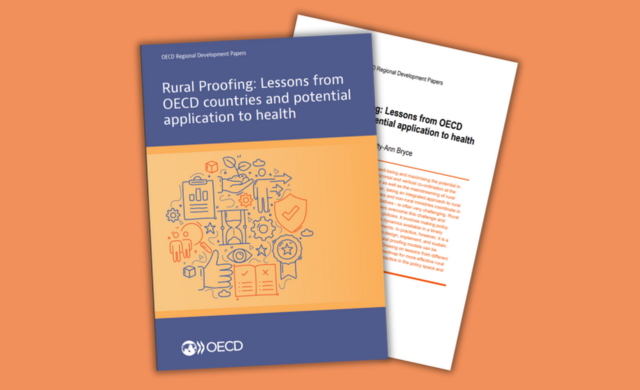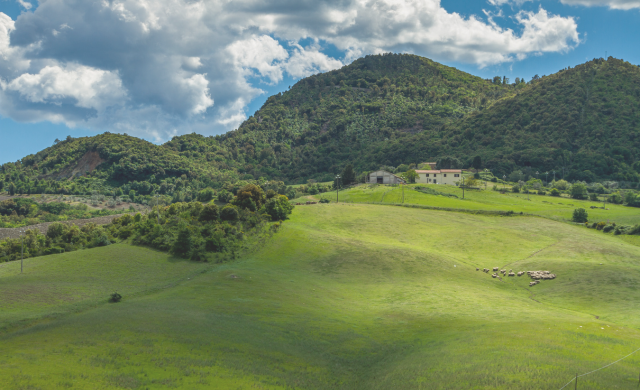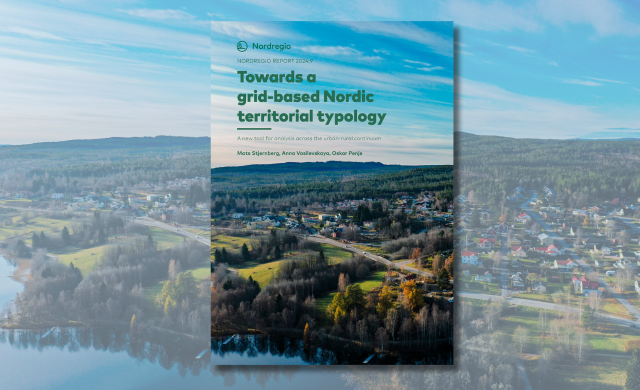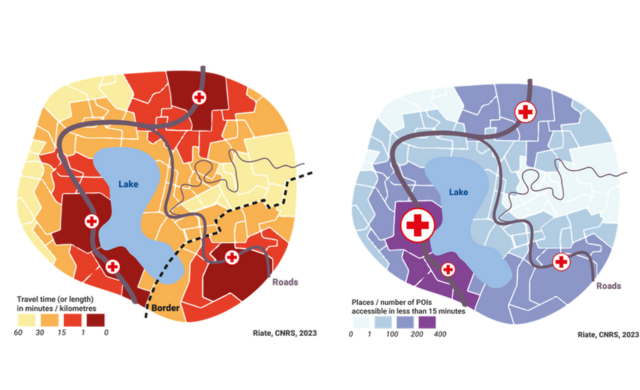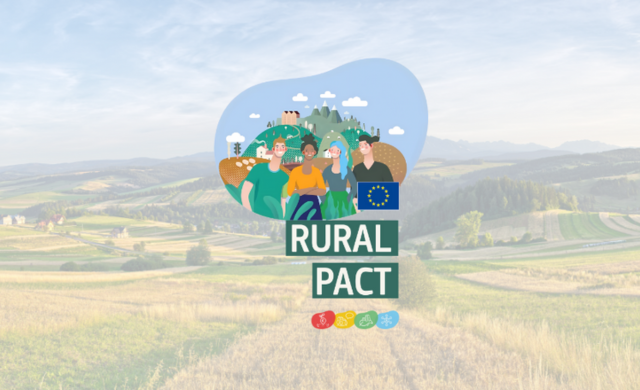Authors: Blanca Casares
Editor: Maite Iglesias
Rural areas significantly contribute to the European Union’s (EU) prosperity and economic resilience while facilitating the green and digital transitions. Their significance extends to pivotal aspects like food production, environmental conservation, climate initiatives, and the preservation of cultural heritage. However, numerous rural regions within the EU encounter obstacles, including population decline and an aging demographic, gender disparities, poverty, inadequate connectivity, underdeveloped infrastructure, limited employment diversity, and gaps in service availability and accessibility.
The Council of Agriculture and Fisheries Ministers of the EU, held in Brussels on 20 November, gave the green light to the conclusions documenton the long-term vision for rural areas (LTVRA), which advocates the implementation of initiatives that favour the development of these areas and the improvement of the living conditions of their inhabitants, with greater financial support beyond the funds of the Common Agricultural Policy(CAP).
The adoption of this document has taken place in the framework of the Spanish Presidency of the EU Council, and whose content was widely discussed in the High-Level Rural Policy Forum on shaping the future of rural areas, organised in Sigüenza (Spain) on 27-29 September 2023.
The Council welcomes the rolling out of the EU Rural Action Plan to achieve the goals of the LTVRA by 2040. It invites all national and regional administrations, local authorities and all stakeholders and communities to engage in the Rural Pact Community Platform. The analysis ‘The Council of the EU adopts its conclusions on the rural vision’, developed by the Rural Pact Support Office (RPSO), elaborates on some key aspects of implementation of the vision and its holistic approach.
In particular, the Council invites the Commission, Member States and regional authorities to address the diverse and multifaceted territorial development challenges and complexity of rural areas and the socio-economic gaps between rural and other areas. At this important political moment, on 27 November the Council also agreed on Conclusions on the future of EU Cohesion Policy. This has been, since its conception, a fundamental pillar of the EU integration process, enabling convergence between and within Member States, improving the well-being and quality of life of their citizens, as well as contributing to a level playing field in the single market. In these conclusions, the Council underlines that Cohesion Policy must remain a key pillar of the EU and, to this end, must maintain as its sole objective the promotion of the overall harmonious development of the Union and the strengthening of its economic, social and territorial cohesion.
How does this affect on GRANULAR?
These conclusions seek to promote a balanced territorial development for rural areas, taking as a reference the EU Territorial Agenda 2030, highlighting the potential of rural territories to promote economic diversification, in which SMEs and cooperatives play an important role. At the same time, the conclusions underline the important role of Local Action Groups (LAGs) within the LEADER initiative and the bottom-up approach when implementing their CLLD strategies. Networking under the Rural Pact and the CAP networks, and other relevant cohesion-related networks, can play a pivotal role in disseminating and sharing information and results on the rural vision among rural stakeholders.
The conclusions emphasize improving rural data quality through expanding the EU Rural Observatory to include municipal-level data and gender-disaggregated information. This aims to shape evidence-based rural policies, which is the key objective of the GRANULAR project.
Additionally, the Council highlights the importance of fostering digital innovation and skills for rural digital transformation. It stresses the need to align EU policies like CAP and cohesion policy, ensuring their synergy and resource contribution to support rural areas alongside other relevant EU policies. Capacity-building and the use of novel data and methodologies is also a crucial aspect tackled by the GRANULAR project.


